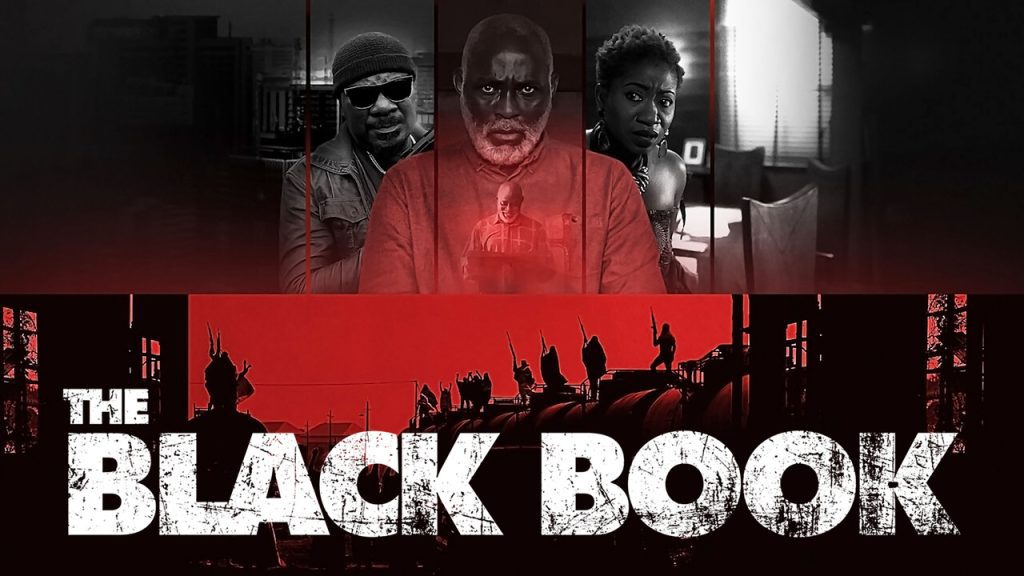Nigeria’s burgeoning film industry, known as Nollywood, has witnessed a remarkable rise in global recognition and viewership. Recent success stories like “The Black Book” demonstrate the industry’s potential on a global scale. This $1 million action thriller has not only captivated audiences worldwide but has also provided a compelling platform to address crucial issues within Nigeria.
Record-Breaking Success on Netflix
“The Black Book” achieved unprecedented success on Netflix, spending three consecutive weeks among the platform’s top 10 English-language titles globally. Within just 48 hours of its release on September 22, the film garnered 5.6 million views. By its second week, it had earned a spot in the top 10 titles in 69 countries, according to Netflix data.
Producer Editi Effiong, who funded the film with Nigerian capital, emphasized the importance of reaching a broader audience. He stated, “Films are made for audiences, and the bigger the audience for a film, the better the chances of your message going out.”
A Glimpse into Nigeria’s Turbulent Past
“The Black Book” delves into Nigeria’s tumultuous history, spanning four decades, from a time when military regimes wielded unchecked power to the present-day prevalence of police brutality and abuse of power. The film opens with the abduction of family members of a high-ranking official in Nigeria’s oil regulatory agency, with corrupt police officers aiding the criminals. The ensuing narrative unfolds a tale of justice delayed and denied, a recurring theme in Nigeria’s recent history.
A Tale of Revenge and Redemption
The central character, Paul Edima, portrayed by Nigerian movie icon Richard Mofe-Damijo, is a former special operative known as Nigeria’s “most dangerous man.” After his son is wrongfully accused and killed by the police, Edima, now a repentant man turned pastor, embarks on a mission of revenge against those responsible for his son’s death. This fictional narrative mirrors the harsh realities that many Nigerians face when seeking justice in a system marred by corruption and inefficiency.
A Reflection of Nigeria’s History
Effiong expressed his concern about Nigeria’s inadequate education regarding its own history. He believes that the film serves as a medium to shed light on critical issues such as police brutality and delayed justice. He stated, “A society must be changed positively by art, and so there was an orientation on our part to, through the film we are going to make, reflect on this issue (of police brutality).”
Global Recognition and a Bright Future
“The Black Book” has garnered attention for its thematic resemblance to the American action thriller “John Wick,” a flattering comparison that underscores its global success. This film’s achievements are indicative of the potential that the Nigerian film industry holds not only within Africa but also on the global stage.
Market intelligence firm Digital TV Research predicts a significant rise in the continent’s streaming on-demand video (SVOD) market, with 18 million subscribers anticipated, up from 8 million in the previous year. Netflix remains committed to showcasing local stories in sub-Saharan Africa, recognizing the wealth of talent and creativity within the continent.
Editi Effiong believes that the world must take notice of Nigeria’s movie industry, stating, “The Black Book is a film by Black people, Black actors, Black producers, Black money 100%, and it’s gone ahead to become a global blockbuster.”


